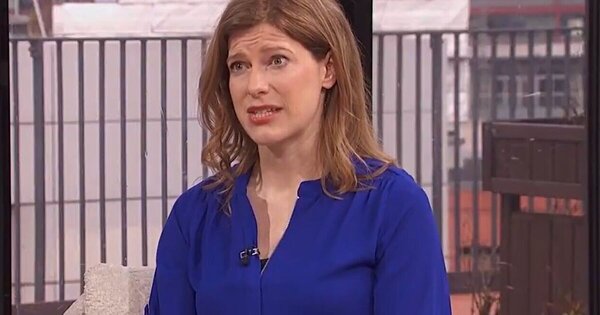Introduction
Economists and Members of Parliament are increasingly calling for reform of the United Kingdom’s income tax system, specifically the rules affecting individuals earning above £100,000. The current structure of the Personal Allowance phase-out creates a sharp increase in marginal tax rates for those within this bracket.
Critics argue that this ‘tax trap’ penalises professionals and skilled workers, heightening calls for action as policymakers seek solutions to modernise the fiscal framework. The ongoing debate has drawn attention from economic experts, tax campaigners, and public finance analysts across the UK.
Background of the £100,000 Income Threshold
The controversy centres on the gradual removal of the Personal Allowance for people earning over £100,000 each year. Since the measure was introduced in 2010, individuals’ tax-free allowances are reduced by £1 for every £2 earned above the threshold. This policy was originally implemented as a means of increasing tax revenue from higher earners.
Economists have warned that inflation and wage growth have pulled more professionals into this bracket over time. As a result, a growing number of individuals are losing the full benefit of their tax-free allowance, even when their pay rises do not correspond with a significant increase in purchasing power.
How the Tax ‘Trap’ Works
The structure is often referred to as a ‘tax trap’ because the effective marginal tax rate for income between £100,000 and £125,140 surpasses 60 percent. This occurs as the gradual loss of the Personal Allowance combines with higher rate tax, resulting in disproportionately high tax liabilities on each additional pound earned within the band.
Tax accountants and financial advisers report that some higher earners are left considering pay cuts, reduction of hours, or compensation alternatives to avoid the effect of the tax band. The unusually high marginal rate in this segment has fuelled debate over its consequences for productivity and workforce planning.
Economic and Political Reactions
Several economists and tax experts have raised concerns that the system creates distortions in the labour market. Paul Johnson, director of the Institute for Fiscal Studies, has described such tax banding as ‘anomalous from a policy point of view,’ arguing that it defies the principle of a fair, progressive tax framework.
Additionally, cross-party voices in Parliament have urged government officials to review the impact of the rules. According to reported statements, MPs have called for a reassessment of the Personal Allowance taper and its broader implications on middle-class professionals.
Potential Impact on Workers
The tax policy has been criticised for discouraging career progression and additional work among affected earners. Human resources professionals note that the disincentive may complicate recruitment and retention efforts at key skill levels, particularly in sectors with high demand for experienced staff.
According to recent analysis by major accountancy firms, the number of people facing marginal tax rates above 60 percent is expected to increase unless thresholds are updated in line with wages and inflation. This could lead to growing dissatisfaction and calls for further compensation or benefits restructuring.
Government Response
The government has acknowledged concerns regarding the complexity and impact of the tax system. While there has been no immediate pledge to repeal the Personal Allowance taper, Chancellor Rachel Reeves stated that any future tax system reforms would prioritise simplicity and fairness.
The Treasury maintains that ongoing reviews of tax reliefs and bandings are aimed at creating a system that is both efficient and equitable, while also supporting sustainable public finances.
Final Summary
The debate surrounding the £100,000 tax threshold has gained momentum as more professionals are caught by the Personal Allowance phase-out. Critics highlight the policy’s distorting effect on incentives and its potential to undermine recruitment and productivity.
While the government has so far stopped short of concrete reform, ongoing reviews signal potential future adjustments to smooth the tax system for higher earners. For those seeking up-to-date guidance on evolving UK tax policies, specialist tools like the Pie app can assist with personalised financial planning.










